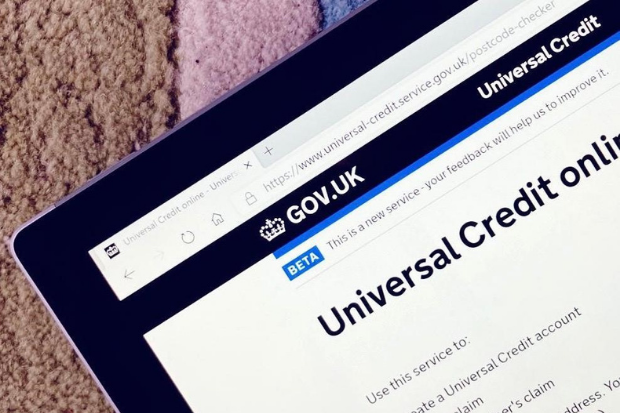Benefits department enters into agreement to support upgrades to digital service that underpins initiative launched three years ago to identify claimants to be reviewed for potential overpayment or other error
The Department for Work and Pensions has signed a potential £15m deal for a supplier to help improve and expand the digital service that supports the delivery of targeted case reviews of Universal Credit recipients.
The targeted case review (TCR) regime was first introduced in 2022, and has ramped up significantly since then. The initiative involves a wide-scale assessment of live Universal Credit claims with the aim of identifying those most likely to pose a risk of overpayment or other “incorrectness”.
After a major hiring drive, there are now 6,000 officials working on TCR – with the number of reviews undertaken increasing nearly fivefold in 2024/25 to a total of just under a million. A total of 20% of these reviews identified incorrectness.
Reviewers, casework and public helplines – including call centre agents from internal government facilities and those provider by outsourcer Teleperformance – are supported by a digital service.
Recently released commercial documents reveal that, on 12 June, the DWP entered into an initial two-year contract with supplier Deloitte. The engagement, which can be extended for a further 12 months, will see the consultancy firm assist the department with delivering ongoing improvements to the service, as well as supporting its increased use following the rapid expansion of the TCR programme.
“DWP require a team to continue iterating the end-to-end digital service to help deliver the outcomes for TCR,” the contract says. “This is currently a live digital service being used across both internal and Teleperformance agents. This service has been iterated to carry out full reviews of each element but has not been fully rolled out across all sites. This contract intends to enhance this service with further iterations to the end-to-end digital solution.”
The document adds that its chosen supplier “will be required to collaborate across multiple teams and multiple disciplines to deliver value and achieve outcomes”. Services provided by Deloitte in the coming months will be dictated by individual statements of work. After each of these has been issued, the DWP requires that its need for additional personnel and resources is met with 10 days.
Related content
- DWP signs £100k deal to ensure accessibility of Universal Credit digital services
- DWP brings in digital support for Universal Credit programme in £5m deal
- ‘A lack of transparency and accountability’ – DWP urged to shed light on fraud algorithm
The contract states: “The successful supplier will need to provide experienced, digital resources to work alongside DWP and contractor staff in a rainbow team delivery model, to achieve the outcomes that will be agreed through governance, following agile best practice, including but not limited to: developing prioritised backlog agreed with stakeholders through governance; iterating the existing TCR service or UC service to support the TCR outcomes to help deliver project outcomes; aligning with Working Age ways of working to deliver the outcomes; [and] landing changes into operations that help meet wider fixed commitments such as removing reliance on existing platforms.”
If it runs for its full potential three-year lifespan, the agreement will be worth about £14.75m to the supplier, inclusive of VAT.
The DWP indicated earlier this year that the targeted reviews have so far prevented £1bn of incorrect payments. With the full complement of staff now in place, government believes the TCR regime will deliver cumulative savings of £13.6bn by the end of the decade.
The text of the digital contract reinforces the importance to the department of the UC review initiative.
“Tackling fraud and error and dealing with consequential debt remains a key priority for the department and a major area of focus for government and the National Audit Office,” it says. “Within Universal Credit, the rate of fraud and error overpayments has risen significantly due to several factors. Targeted Case Review was introduced as an initiative to detect incorrectness, put it right and continue to learn to help prevent further overpayments.”




